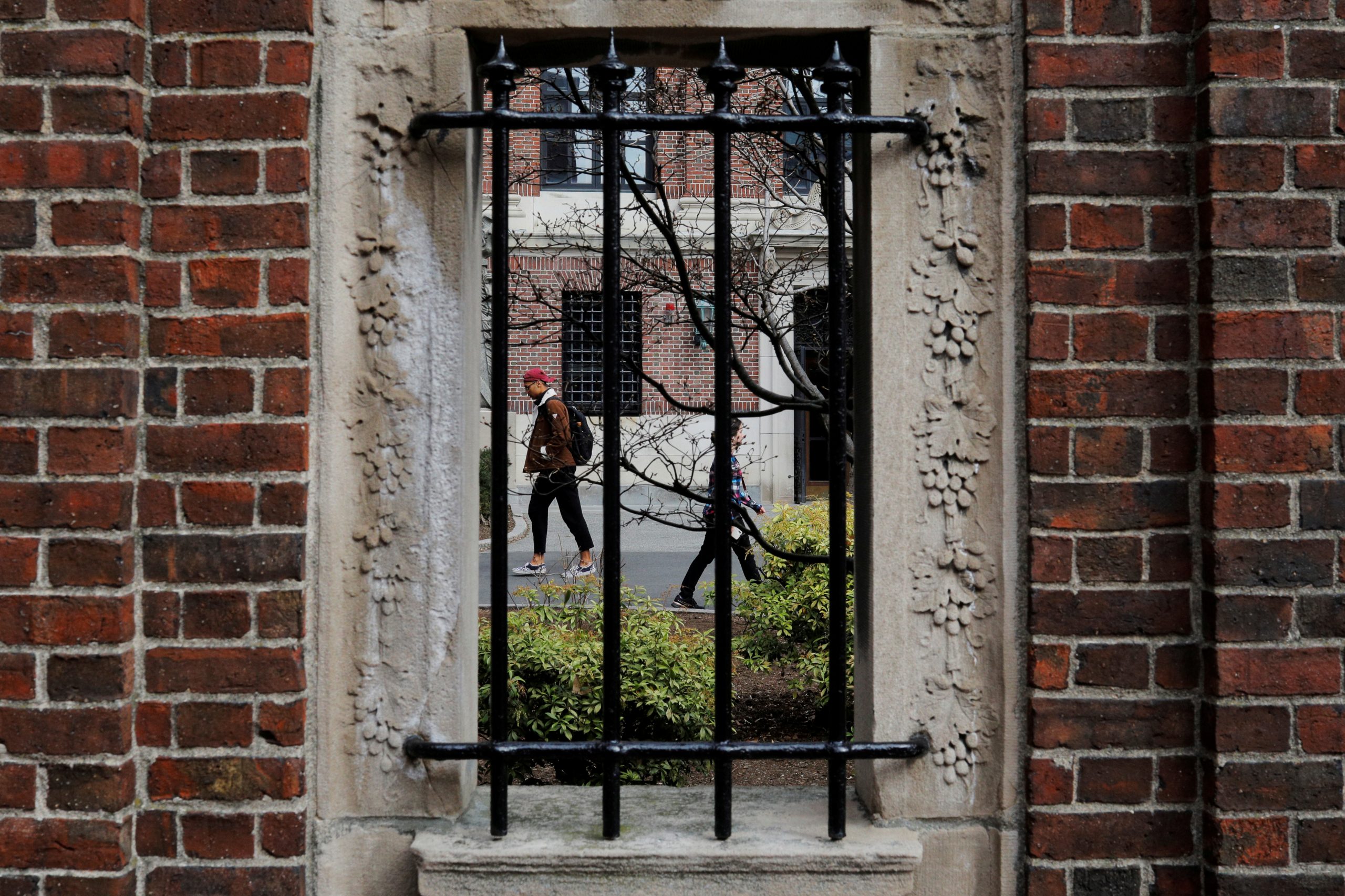International students may be headed home after U.S. Immigration and Customs Enforcement (ICE) announced Monday they will need to leave the United States, or transfer schools, if they are enrolled in fully online classes.
“The U.S. Department of State will not issue visas to students enrolled in schools and/or programs that are fully online for the fall semester nor will U.S. Customs and Border Protection permit these students to enter the United States,” the agency said in a statement on the temporary exemptions for the fall 2020 semester.
According to ICE if they do not depart, they will face consequences.
“Active students currently in the United States enrolled in such programs must depart the country or take other measures, such as transferring to a school with in-person instruction to remain in lawful status,” ICE said.
The agency continued, “If not, they may face immigration consequences including, but not limited to, the initiation of removal proceedings.”
If students are attending a program that is both online and in person, they are permitted to take more than one class or three credit hours online.
The schools are required to certify to the Student and Exchange Visitor Program (SEVP) if the program is not entirely online and the student is not only taking online courses.
They must also certify the student is taking enough online classes to make progress toward their degrees.
“Nonimmigrant students within the United States are not permitted to take a full course of study through online classes.”
ICE reiterated students must make arrangements or face consequences.
“If students find themselves in this situation, they must leave the country or take alternative steps to maintain their nonimmigrant status such as a reduced course load or appropriate medical leave,” ICE said.
Aaron Reichlin-Melnick, policy counsel at American Immigration Counsel and former immigration lawyer, issued a thread of tweets explaining the ramifications behind the policy.
This is bad. ICE just told students here on student visas that if their school is going online-only this fall, the students must depart the United States and cannot remain through the fall semester. https://t.co/8DteVzexLB pic.twitter.com/OfkWRKFZZE
— Aaron Reichlin-Melnick (@ReichlinMelnick) July 6, 2020
Some of the obstacles include spotty internet connections, different time zones, resources used in online-only curricula only being available in certain countries, technical barriers, and travel restrictions due to the coronavirus pandemic.
Reichlin-Melnick also pointed out Trump’s recent executive order targeting employment-based visas tailored for jobs including in health care, education, and tech industries. There are a few exceptions for those treating patients infected by the coronavirus or those conducting research on the pandemic.

























 Continue with Google
Continue with Google